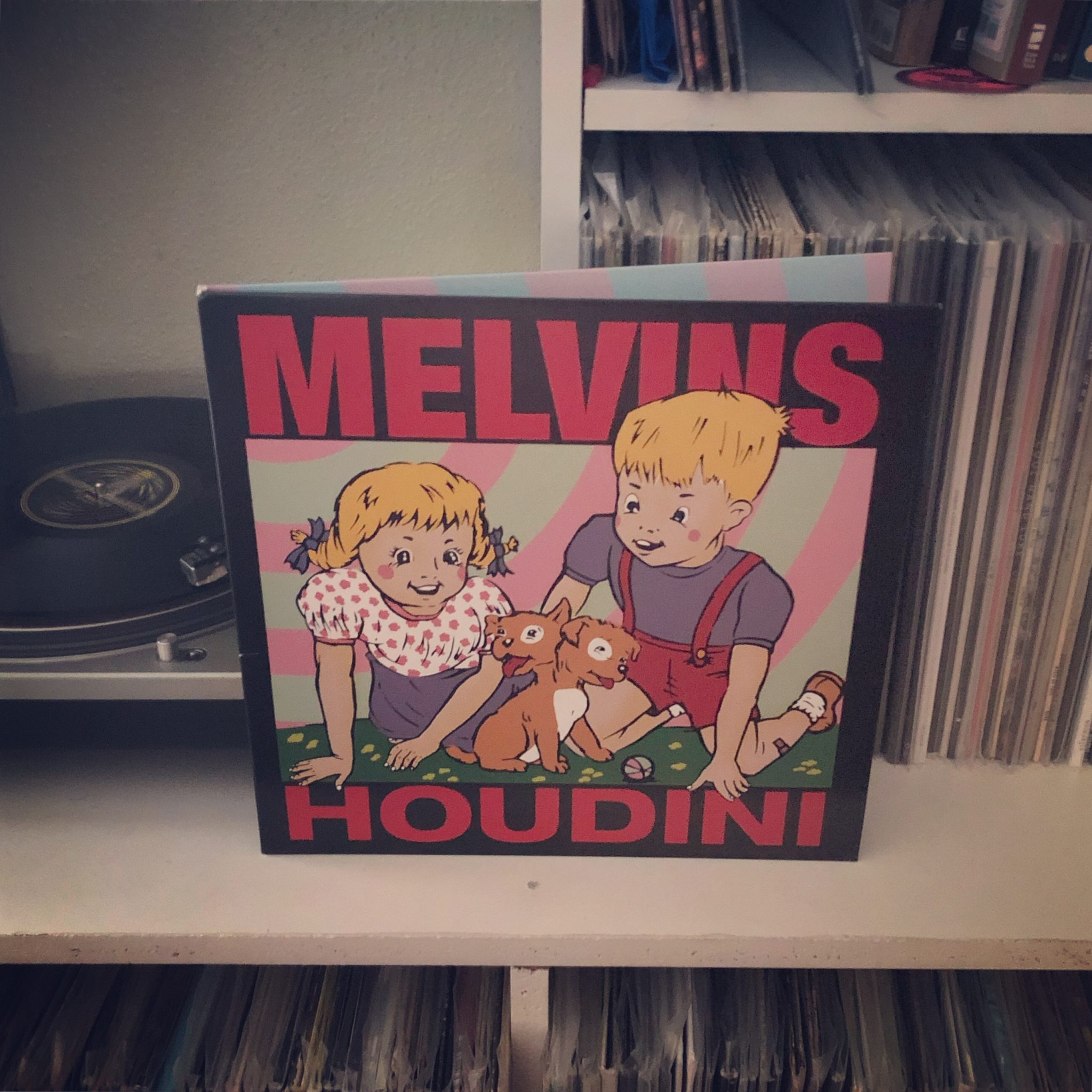By 2009, ISIS didn’t have much room to grow. Oceanic had already stripped every scale of their nu-metal origin, Panopticon had established themselves as the Platonic ideal of post-metal, and In the Absence of Truth proved that there was room for groove in their glacially paced sludge. So what could they do for their closing number?
On Wavering Radiant, they turn it all up. The heavy bits are heavier, the atmospheric passages are even spacier—Ghost Key approaches metalcore in between ambient passages. Aaron Turner’s vocal performance matches these extremes in kind. His clean vocals have never been smoother, nor have his screams so punished his throat.This disc is also much more melodic than previous outings.
Keyboardist Bryant Clifford Meyer has a much more prominent role here, his organ and electric piano carrying many of the lighter sections along with Jeff Caxide’s watery bass guitar. The electric guitars are riffier, occasionally flirting with classic doom metal. Aaron Harris’ drum parts frequently roll on the toms, maintaining the increased rhythm that made In The Absence of Truth so enjoyable.
While ISIS disbanded the year after (claiming they had said everything they had to say as ISIS), Wavering Radiant is impressively prescient. The quiet moments point toward Jeff, Bryant, and Harris’ work as dream metal supergroup Palms, while the crunching heaviness and Turner’s ragged screams foretell his tenure with sludge giants Sumac–both formidable projects (Palms’ debut is one of my favorite records ever, metal or otherwise). This album captures them at a time before their present careers, when, for but a fleeting moment, they were ISIS. And Wavering Radiant has all the best parts of it.

 Generally, when a band is signed to a major label, they tend to smooth out their sound a little bit.
Generally, when a band is signed to a major label, they tend to smooth out their sound a little bit.




 If I were to ask you to imagine a female singer-songwriter, there’s a good chance your mind would go to a subdued, pensive artist, a la Joan Baez or Julien Baker.
If I were to ask you to imagine a female singer-songwriter, there’s a good chance your mind would go to a subdued, pensive artist, a la Joan Baez or Julien Baker.
